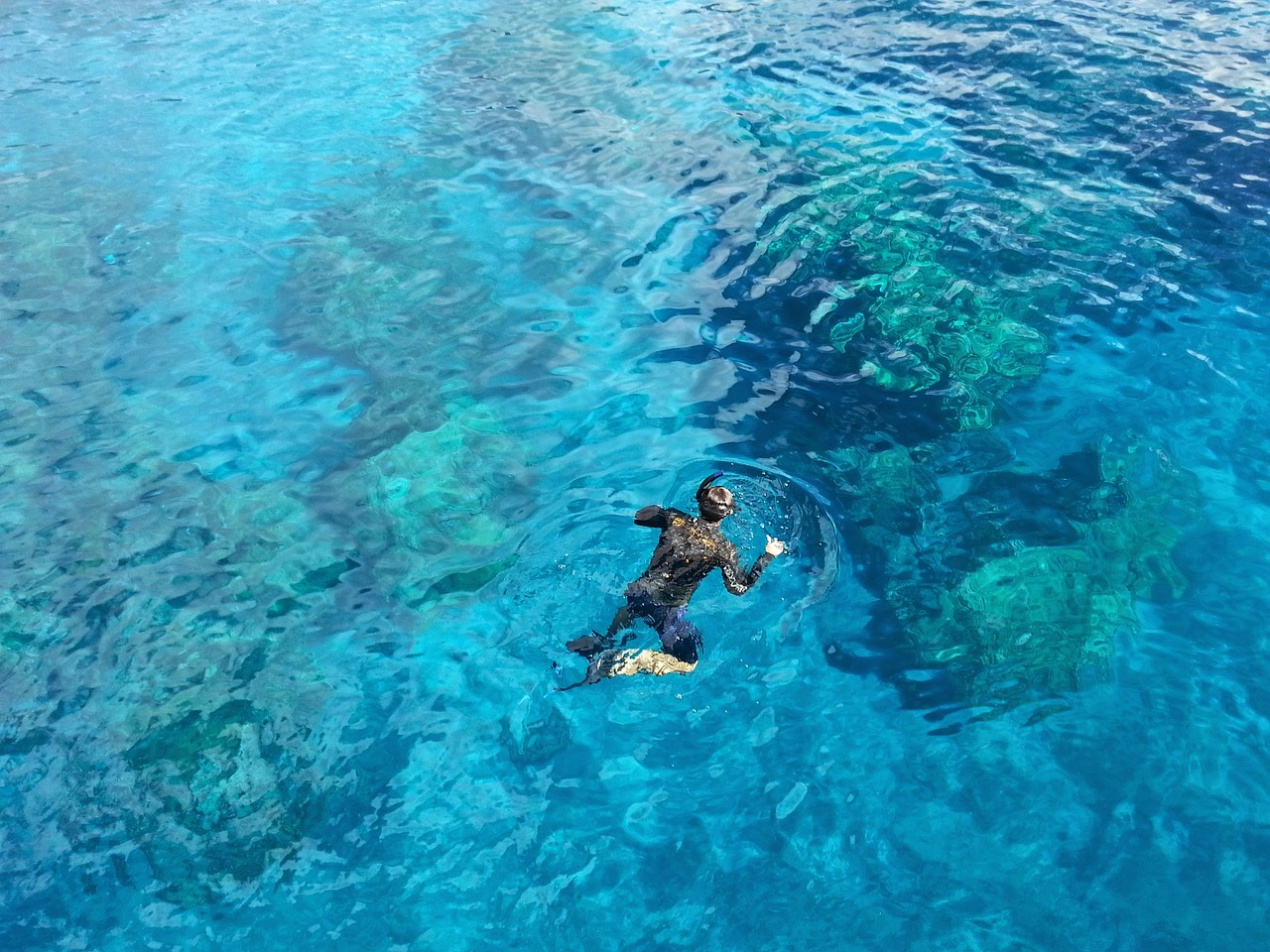TUI Integrates Conservation Efforts Into Tours and Experiences

Skift Take
TUI Care Foundation, a charity linked to the European tourism giant TUI, announced a marine conservation program on Thursday in the Dominican Republic.
The foundation is independent of the parent company, TUI Group. Still, the new program is incorporating the company's tours and experiences into the conservation efforts.
The program echoes other so-called “stewardship activities” in areas where heavy tourism traffic and ecosystem vulnerability overlap. In the Great Barrier Reef, travel operators and local conservation organizations are using tourism to help mitigate the damage caused by global warming.
This new TUI program has a similar design: harnessing tours and experiences to bolster conservation efforts.
Dominican Republic program
In the Dominican Republic, the TUI Care Foundation is incorporating coral health awareness and restoration activities into a snorkeling experience offered by TUI Musement, the tours and experiences arm of the company.
The experience launched in January and has already hosted 27,500 people.
The program will protect 560 hectares of seascapes and 70,000 square meters of corals will be restored, according to the project manager, Manuel Ferreira. It will also train 200 beach workers and fishermen in marine conservation.
The relocation itself is managed by marine biologists and results are measured by a local non-profit, Los Arrecifes de Bávaro Ecological Foundation.
While scientists say coral relocation can be effective, it often depends on how the coral is moved and whether it is moved to a hospitable environment. It can be especially hit or miss when transplanting corals to otherwise empty landscapes.
Coral reefs in the Caribbean are already extremely vulnerable, with two large reefs in particularly bad shape after high ocean temperatures hit in February.
Previous efforts
The TUI Foundation launched a similar program in 2021 in Bali to plant almost 300 square meters of coral in the ocean. This effort is now in its second phase and almost eight times as much coral will be planted.
This second phase, which will include options for tourists to plant coral, will also include a floating pontoon with workshops for people who prefer not to dive.
Skift’s in-depth reporting on climate issues is made possible through the financial support of Intrepid Travel. This backing allows Skift to bring you high-quality journalism on one of the most important topics facing our planet today. Intrepid is not involved in any decisions made by Skift’s editorial team.





